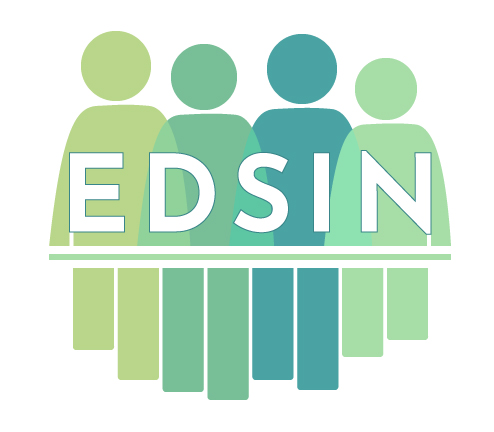Organizing Committee
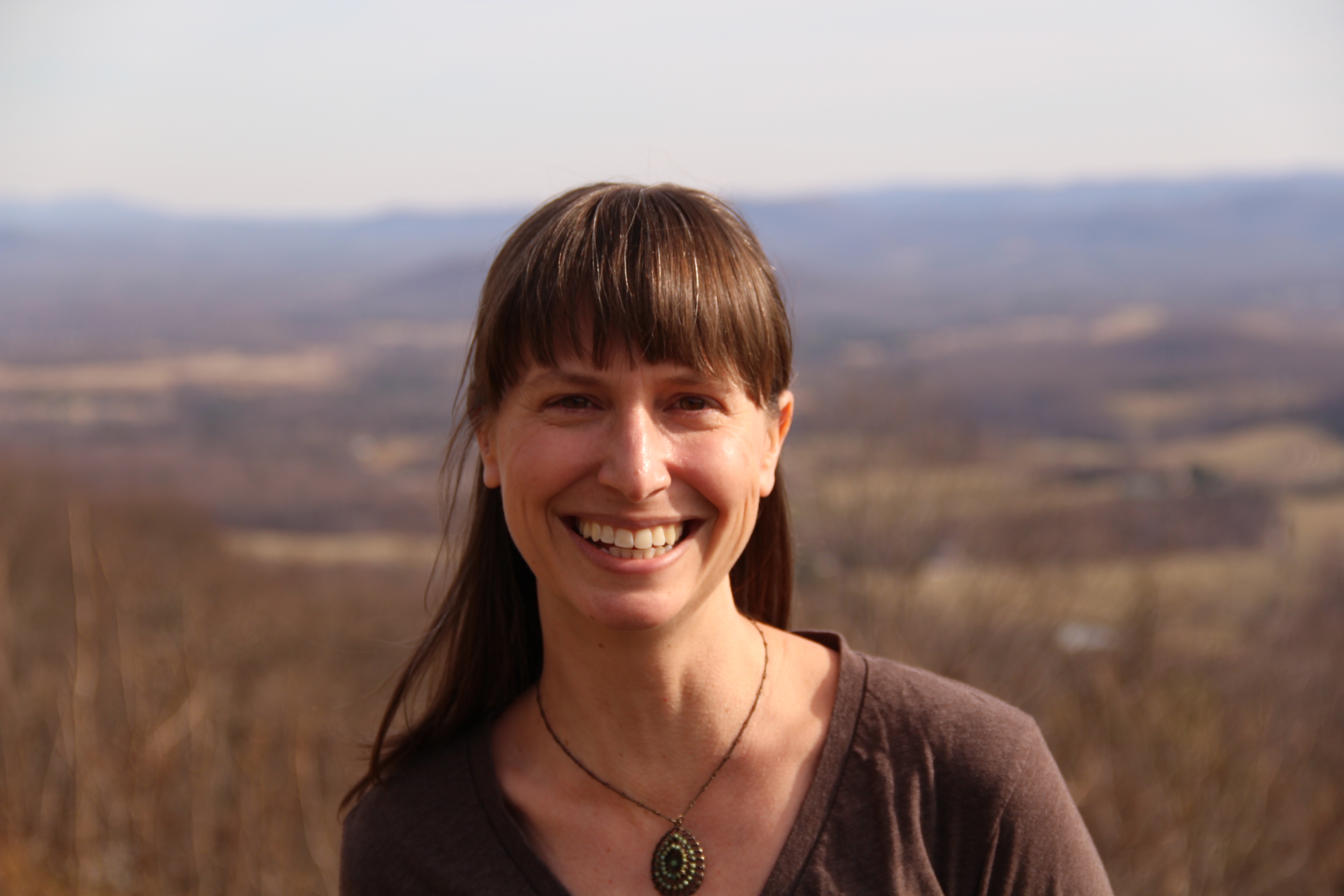 Alycia Crall, PI and Committee Chair, Science Educator and Evaluator, Battelle–NEON program
Alycia Crall, PI and Committee Chair, Science Educator and Evaluator, Battelle–NEON program
Alycia currently designs and implements strategic planning and evaluation strategies for all community engagement activities led by the National Ecological Observatory Network (NEON). Prior to coming to NEON, Alycia served as the Director of the Virginia Master Naturalist program. She was given the “Diversity and Inclusion Award” from Virginia Tech’s College of Natural Resources for her efforts to ensure the program's volunteers were representative of the communities they served. Alycia has also been working in the field of citizen science for the past ten years. Her citizen science work has supported big data collection efforts for invasive species, engaging Indigenous peoples in Montana and minority youth organizations in Wisconsin and Colorado.

Megan Jones, Science Educator, Battelle Ecology-NEON program
Megan has always seen a connection between nature, science, and education. She is passionate about sparking curiosity and fostering learning in students of all ages, with her work here at NEON focused on undergraduates, graduate students, and early career professionals. Megan earned a BSc in Wildlife Biology at Humboldt State University prior to going to Florida State University where she earned a MSc in College Science Teaching and a PhD in Biological Science with a focus on evolutionary behavioral ecology. Her dissertation research focused on fitness consequences of cooperative courtship displays in the neotropical avian family Pipridae (manakins). Megan has a strong background in ecological fieldwork, particularly with birds, in both temperate and tropical ecosystems ranging from Alaskan tundra to the Australian bush to Ecuadorian cloud forest. For her, science, education, and natural history are not only a career but also a passion.
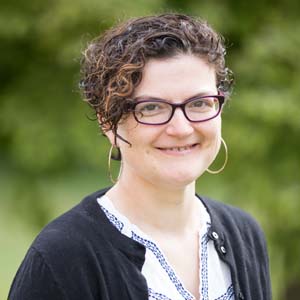 Carrie Diaz Eaton, Associate Professor of Mathematics, Bates College
Carrie Diaz Eaton, Associate Professor of Mathematics, Bates College
Carrie is co-founder of the QUBES Virtual Center, and she also serves as QUBES Consortium Director. Dr. Diaz Eaton serves as the co-chair of the Education subgroup of the Society of Mathematical Biology and on the Editorial Board of the Taylor and Francis journal, Problems, Resources, and Issues in Mathematics Undergraduate Studies (PRIMUS). She is co-editor on two special issues for PRIMUS: Interdisciplinary Conversations and Undergraduate Mathematical Biology and a recently released special issue on Mathematics and Motherhood for the Journal of Humanistic Mathematics. She is a 2018 Linton-Poodry SACNAS Leadership Fellow and a 2012 Project NExT Fellow. She has also served on the executive board of the biology education special interest groups of Mathematical Association of America and on the editorial board for the Taylor and Francis journal Letters in Biomathematics. Dr. Diaz Eaton has experience in bringing networks together for education change, both with QUBES and also as a co-PI on a prior NSF grant to organize a summit of all RCN-UBE awardees in 2016 at AAAS.
 Wendy Gram
Wendy Gram
Wendy Gram is passionate about science, data and learning, and committed to engaging diverse audiences in "doing science." She has worked at the interface of science and education for over 25 years, publishing in both the scientific research and science learning literature. As lead for Science Engagement and Education for the NSF-funded National Ecological Observatory Network (NEON) for ten years, Wendy led development, implementation, and evaluation of education and engagement programs and tools to enable the scientific community to effectively discover, access and use NEON data and resources. Before joining NEON in 2008, Wendy spent nine years as Head of Education at the Sam Noble Oklahoma Museum of Natural History at the University of Oklahoma. There, she was a member the Senior Leadership Team for the museum and led programs that integrated science with educational programming, such as innovative teacher professional development workshops, field courses, K-12 classes, and exhibit development. Wendy holds a Ph.D. in Ecology and Evolution from the University of Missouri and a B.A. in Biology from the University of Pennsylvania.
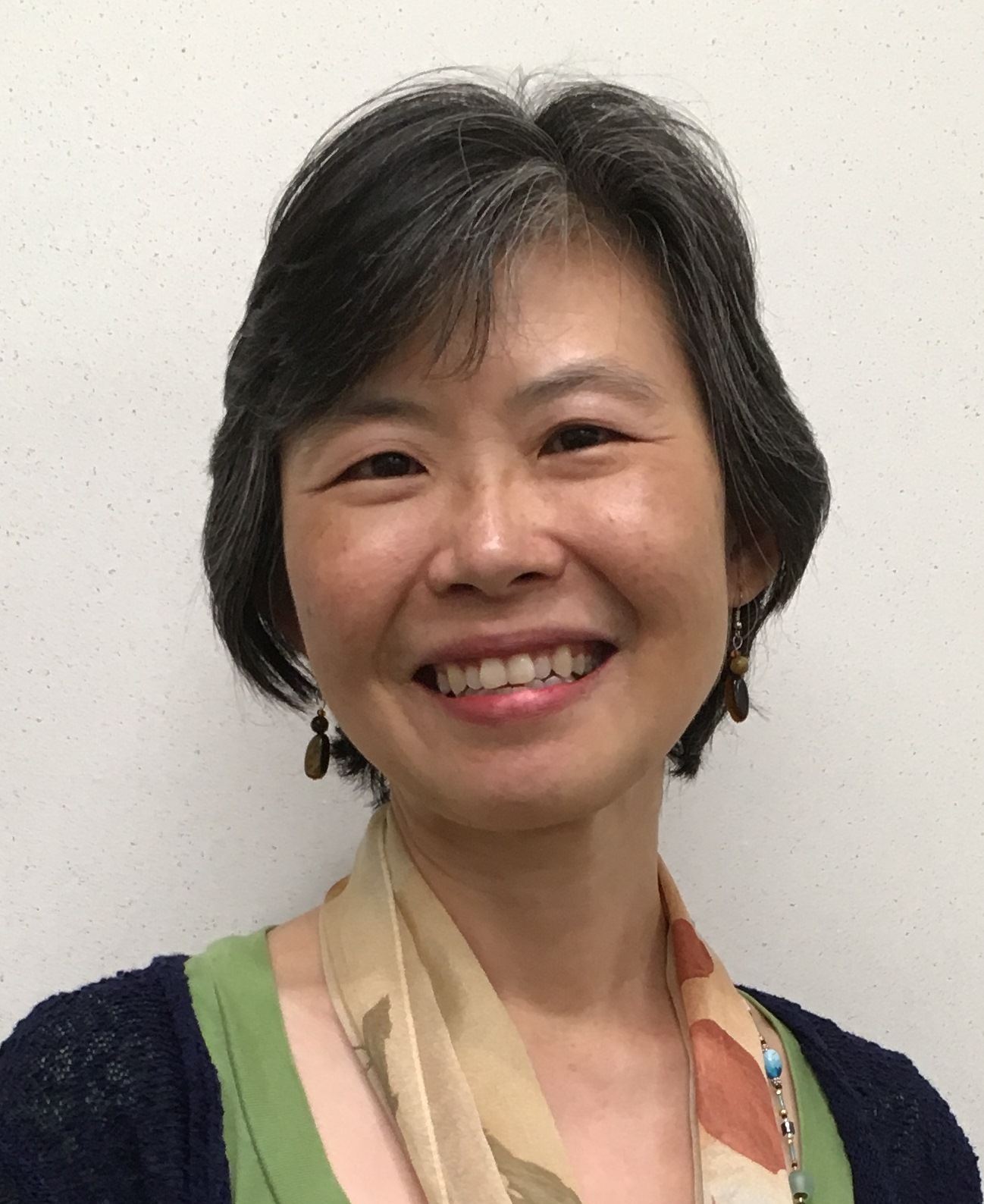 Teresa Mourad, Director, Education and Diversity Programs, Ecological Society of America
Teresa Mourad, Director, Education and Diversity Programs, Ecological Society of America
Teresa Mourad fosters education, diversity and collaboration within the ecology community of scientists. Mourad directs the Presidential award-winning diversity mentoring program for undergraduates, Strategies for Ecology Education, Diversity and Sustainability (SEEDS), developed in 1996; faculty development activities including the Life Discovery – Doing Science education conference (LDC) in partnership with three other scientific societies; EcoEd Digital Library and the ESA Education Scholars Program in partnership with the QUBES Faculty Mentoring Network program. Since 2008, she has led efforts to prepare undergraduate and graduate students, as well as faculty, especially from minority-serving institutions and primarily undergraduate institutions, for the advent of NEON data. The 2017 LDC focused on Data: Discover, Investigate and Inform. She currently serves on the NEON Science, Technology, and Education Advisory Committee (STEAC) and is the PI on the Ecology+ INCLUDES pilot.
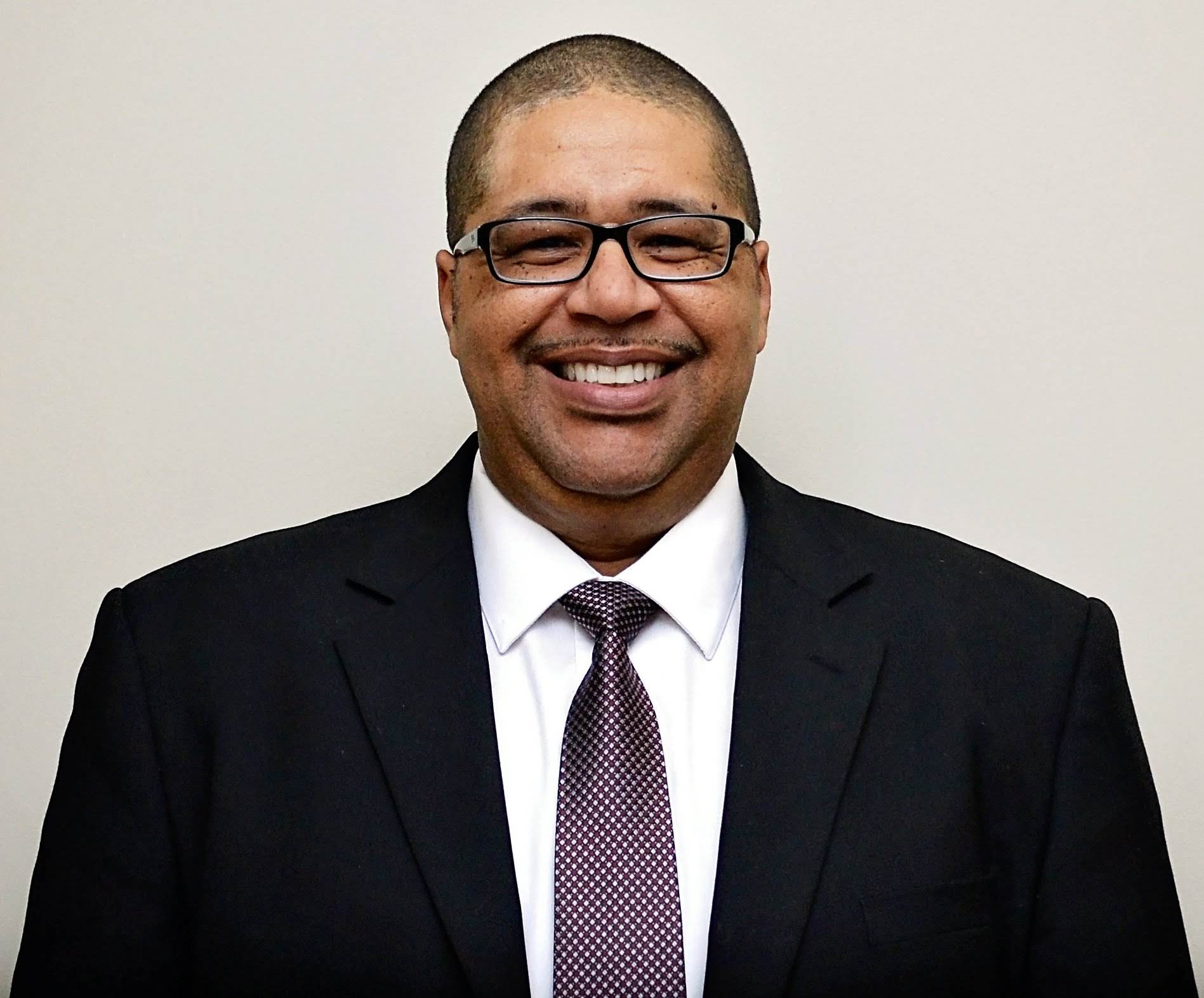 Greg Goins, Professor of Biology, North Carolina A&T University
Greg Goins, Professor of Biology, North Carolina A&T University
In 2015, Dr. Gregory Goins was one of eleven people recognized in the Nation by the White House as a Champion of Change for HBCUs. His work aligns with the overall national goal to produce quality educational experiences for students interested in pursuing STEM careers. At NC A&T, Dr. Goins teaches both introductory general biology for freshman students and capstone biology for senior students, where both courses show positive evidence of broad impact in data-science teaching and learning. Dr. Goins is a founding leader in NC A&T’s successful re-shaping of Freshman Biology Orientation classes. Dr. Goins has also served since 2006 as the principal investigator on the NSF-supported Integrative Biomathematical Learning and Empowerment Network for Diversity (iBLEND) Project. iBLEND is a campus-wide biomathematics research and training program aimed to inspire undergraduate students to pursue research careers at the interface of mathematics and biology. In 2010, iBLEND received recognition at the National Academy of Sciences as an outstanding example demonstrating success looking toward the future of biology education. Dr. Goins recently served from 2013-2014, as a Rotating Program Director for the Improving Undergraduate Stem Education (IUSE), Scholarships in Science, Technology, Engineering, and Mathematics (S-STEM), and Robert Noyce Teacher Scholarship Programs, in the Division of Undergraduate Education at NSF. Presently, he is the principal investigator on the NSF-sponsored INCLUDES Project titled the DISCUSSION Network.
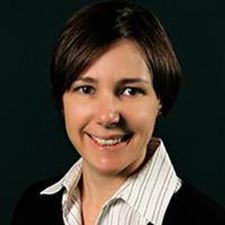 Tracy Teal, Executive Director, Data Carpentry
Tracy Teal, Executive Director, Data Carpentry
Tracy Teal is a co-founder and the Executive Director of Data Carpentry. As an Assistant Professor at Michigan State University in bioinformatics, she saw that effective data skills have become foundational for research and that data training needs to scale along with data production and be available for all researchers. She is involved in the open source software and reproducible research communities, including as an Editor at the Journal for Open Source Software.
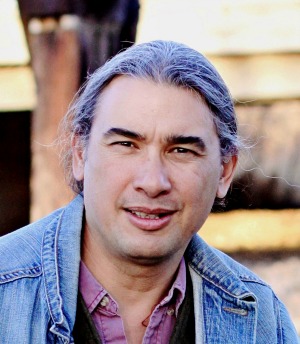 Paul Evangelista, Research Ecologist, Natural Resource Ecology Laboratory, Colorado State University
Paul Evangelista, Research Ecologist, Natural Resource Ecology Laboratory, Colorado State University
Paul Evangelista’s research at the NREL has extended across a broad array of interests, including invasive species, forestry, rare and endangered wildlife, ecosystem services, fire ecology, and climate change. His interests are frequently examined in the context of space and time through a suite of integrative spatial modeling techniques that combine field data, traditional and expert knowledge, geographic information systems (GIS), remote sensing and spatial statistics. Dr. Evangelista’s research spans a wide breadth of ecosystems, including semi-arid canyon lands of the American Southwest, coniferous forests of the Rocky Mountains, Afro-alpine communities of Ethiopia’s highlands, and more recently, marine systems of the Atlantic Ocean. His research is regularly coupled with non-traditional educational programs that aim to build capacity through experiential learning, applied science and stakeholder engagement. He is the Director and Lead Science Advisor for the NASA DEVELOP Program at Colorado State University. Dr. Evangelista also hosts an open-access geospatial training website for Ethiopian students, faculty and resource managers, and continues to foster a successful international exchange program for graduate students and scholars from CSU and several Ethiopian academic institutions.
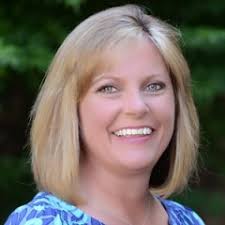 Tina S. Ornduff, Program Manager, Google
Tina S. Ornduff, Program Manager, Google
Tina coordinates educational outreach efforts as a program manager for the engineering education team at Google. She manages various learning initiatives and partnerships focused on introducing Machine Learning to underrepresented student populations. Previously, she led the Google Geo Edu group, where she was an advocate for geographic literacy through the use of technology like Google Maps and Google Earth. Prior to Google, Tina was a principal technical writer specializing in administrator and developer documentation for companies like Netscape, Tandem, Motorola, and Good Technology.
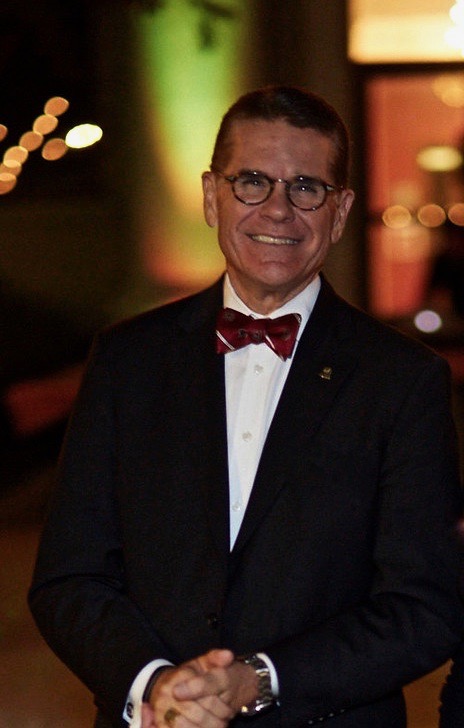 Jon Pedersen, Dean of the College of Education, University of South Carolina
Jon Pedersen, Dean of the College of Education, University of South Carolina
Jon Pedersen’s primary research area includes K-12 science learning, with an emphasis on visual data as representations of science content and science learning. Dr. Pedersen is the author of over one hundred publications, most of which focus on K-12 science teaching and/or the incorporation of social issues into the extant curriculum. He has published/edited 17 books and supported projects on K-12 science curricula development, science in-service education, middle level education, and international education. His interest in the application of science knowledge as it pertains to relevant social issues is greatly influenced by his foundation in the agricultural sciences. Dr. Pedersen’s focus has been on promoting interdisciplinary collaborations to advance basic, applied and translational research and to enhance research and creative activities. He is also passionate about developing and mentoring individuals to build equity, inclusion and diversity, mobilizing individuals toward a vision for their future, and capitalizing on college and institutional strengths and support.
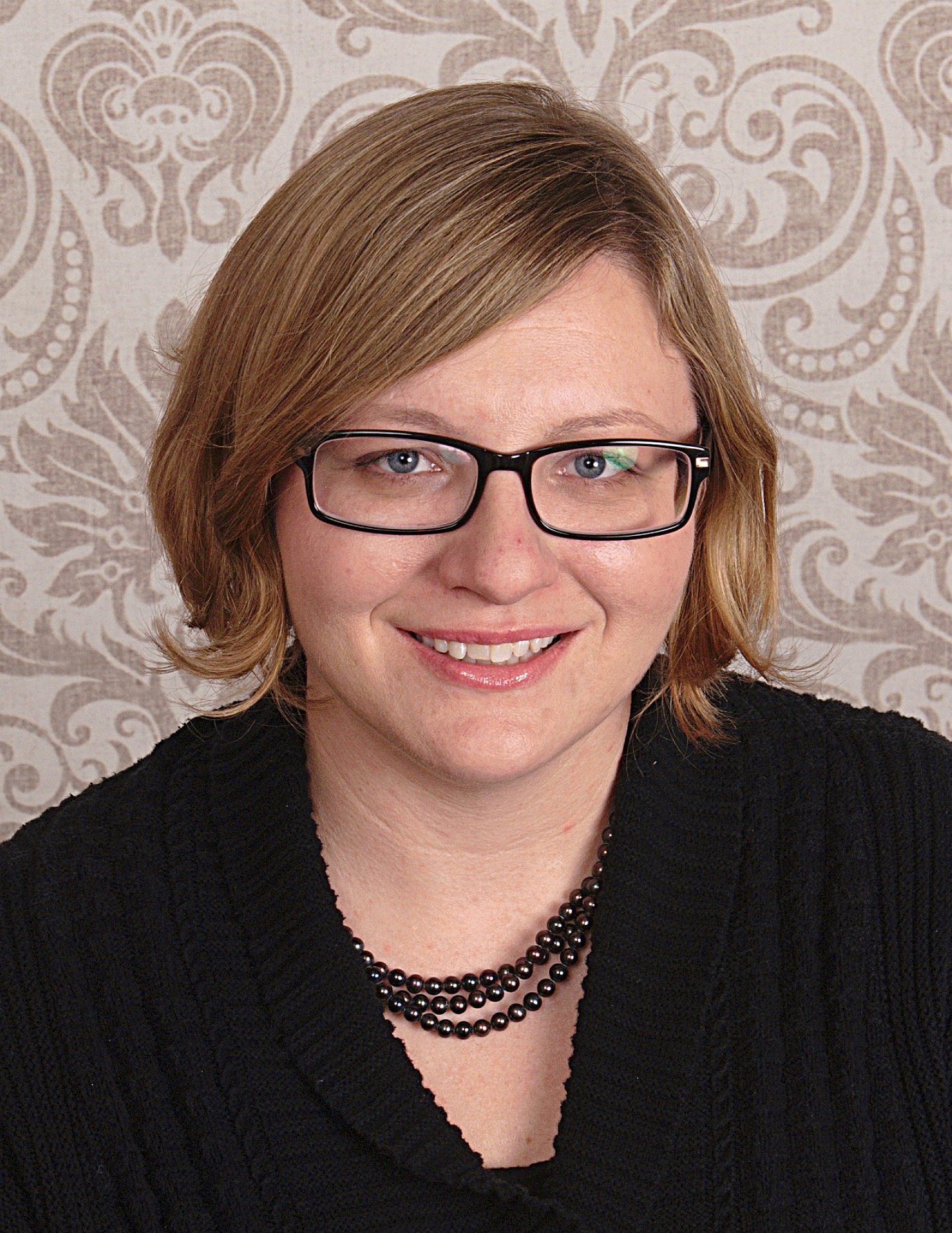 Jacqueline Kazil, Python Software Foundation
Jacqueline Kazil, Python Software Foundation
Jacqueline “Jackie” Kazil serves in a variety of roles that focus on advancing underrepresented groups in tech and tech education with everything from job placement, digital literacy, to building websites, learning data science, and full boot camp curricula. She is a Board member of the Python Software Foundation (PSF), an international leader in PyLadies which has grown to over 110 groups around the world, a Board member of Byte Back, an organization focused on digital literacy in Washington, DC, and a leader/founder in Women Data Scientists DC. She is also a part of The White House TechHire initiative. In 2013, she served as a White House Presidential Innovation Fellow working on disaster response and recovery along with open source policies in government. She also has experience in education and tech organization. She has assisted with the organization of PyCon, a conference for more than 3000 Python developers from around the world and contributed to the Teaching Tech Together Summit (T3 Summit), which worked to advance the tech education of underrepresented groups in technology.
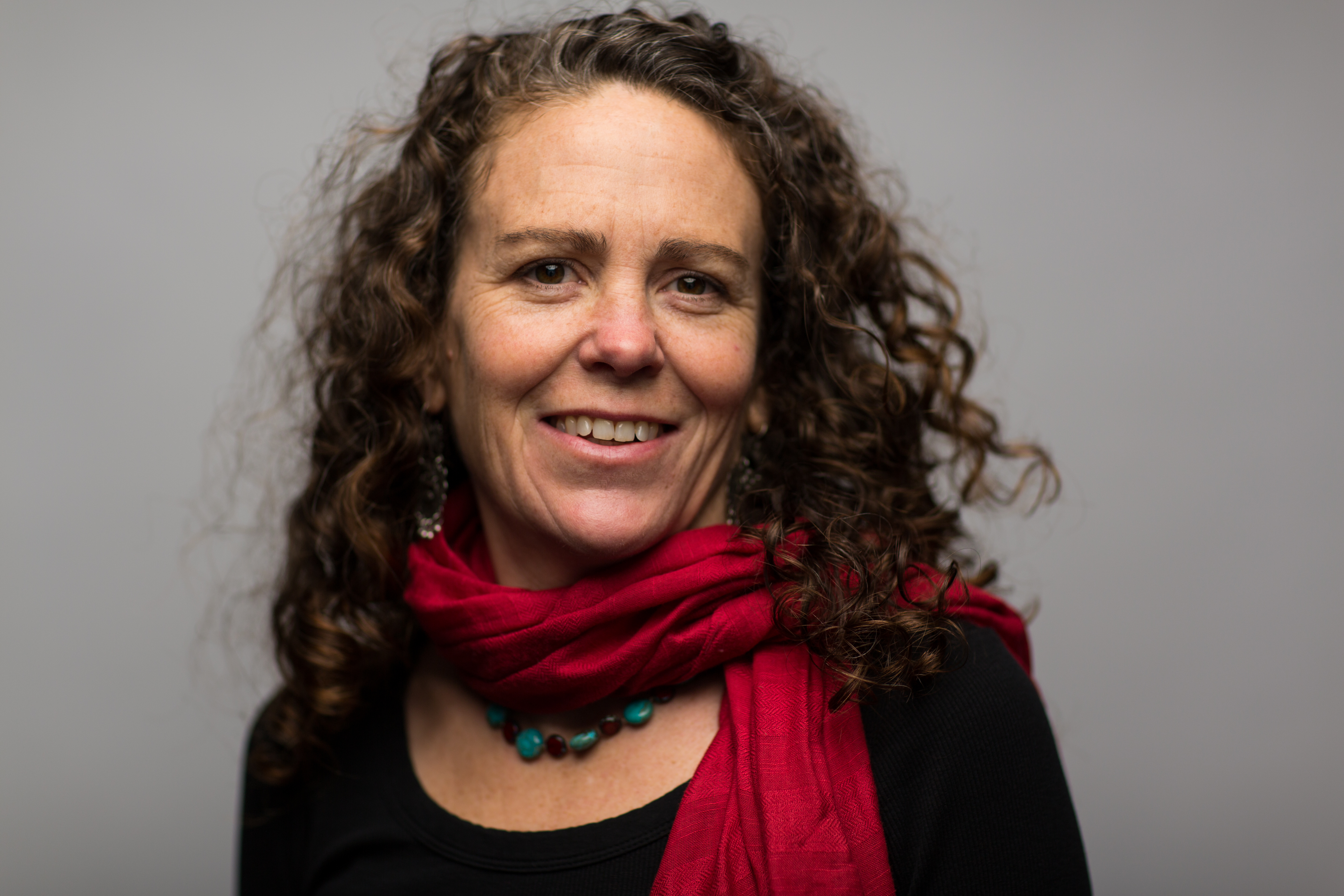 Kirsten Rowell, Director, Global Sustainability Scholars, University of Colorado-Boulder
Kirsten Rowell, Director, Global Sustainability Scholars, University of Colorado-Boulder
Kirsten is the founding Director of the Global Sustainability Scholars (GSS) Program, which links exceptional undergraduates from under-represented groups in their home countries to international research projects. Prior to her work at CU Boulder, she was the Director and PI of Doris Duke Conservation Scholars program at the University of Washington. This program is one of five which provides 2 summers of immersive experiences and aims to change the face, practice and future of conservation. As a part of this initiative she started the Conservation Conversations and Conservation Stories media campaign to broaden awareness of the discrepancies between which voices are being represented in conservation. In addition to her work with undergraduates, she has recently launched a GSS Fellows program for early career professionals and a Faculty Fellows program at CU Boulder for the Research and Innovation office focused on research leadership, collaboration, and systems design.
